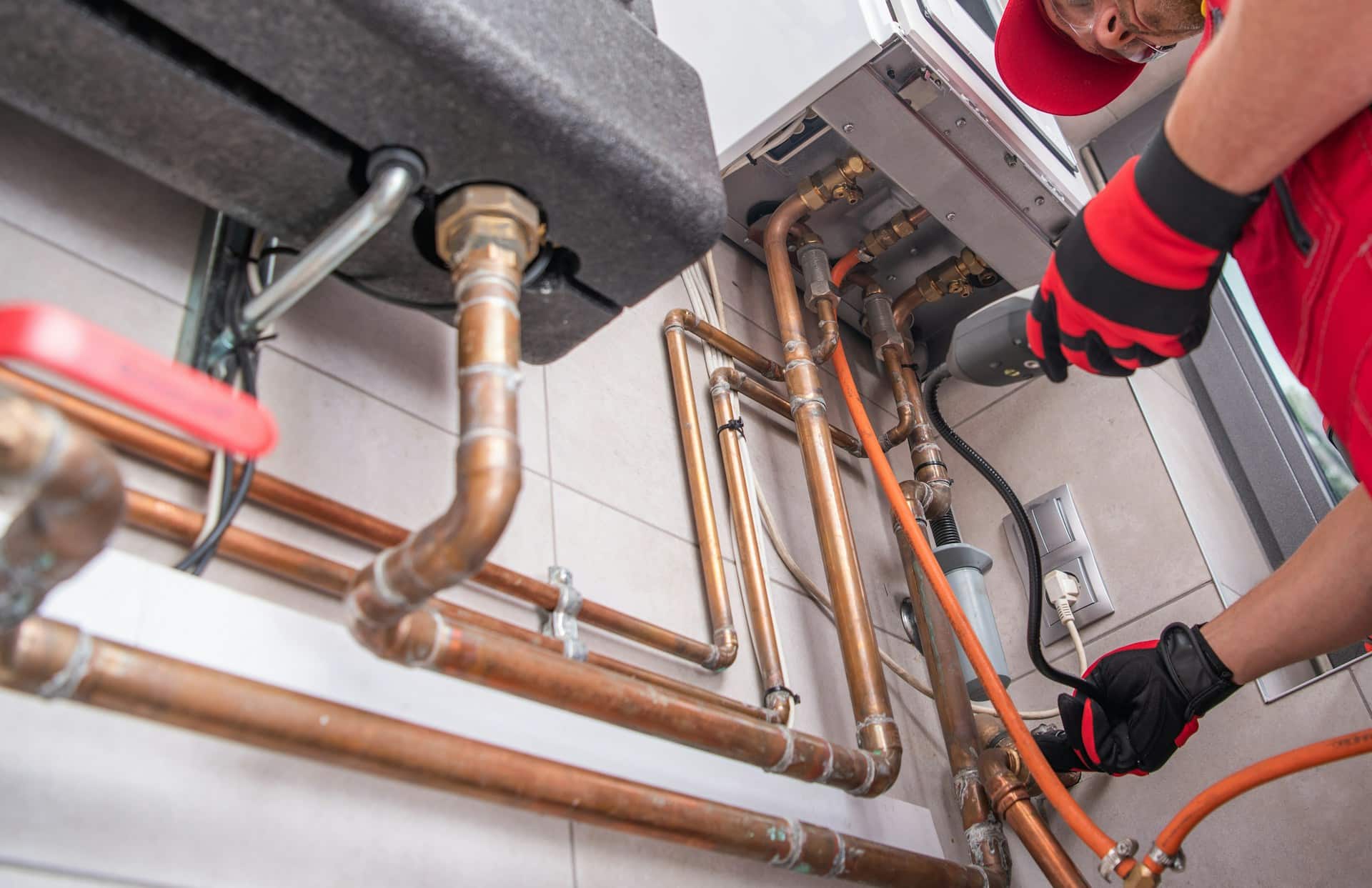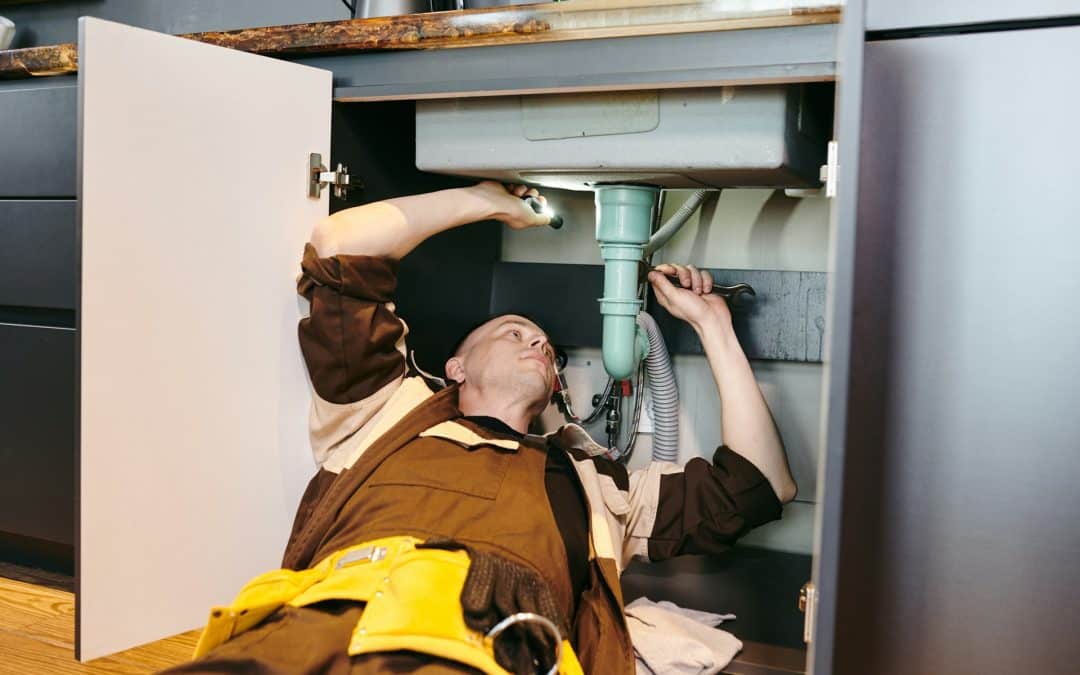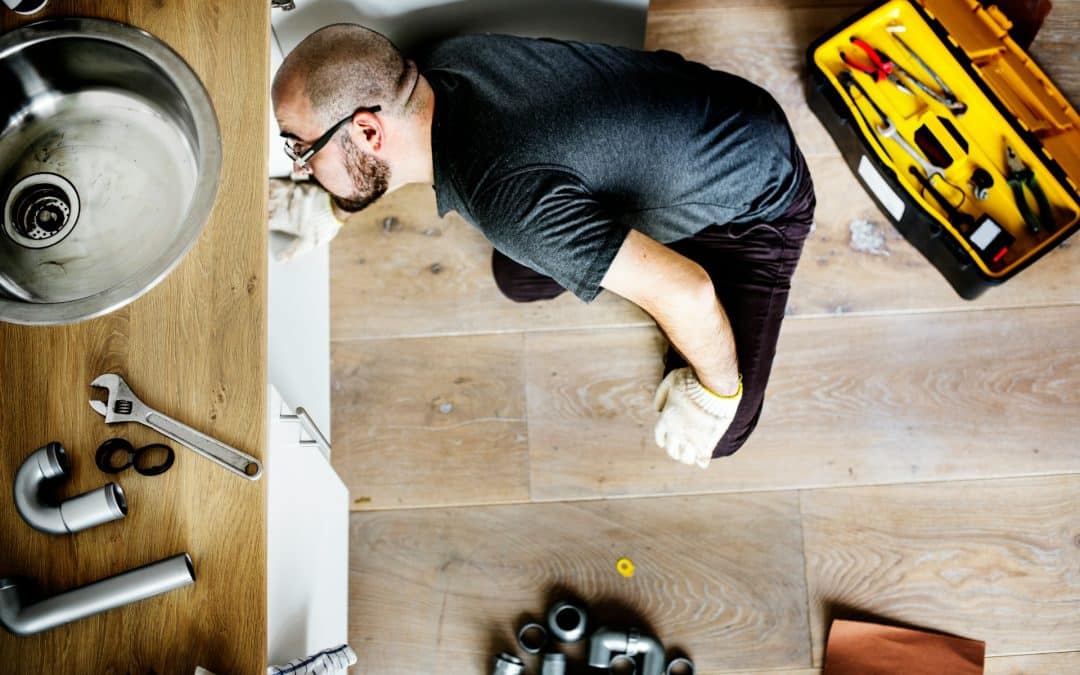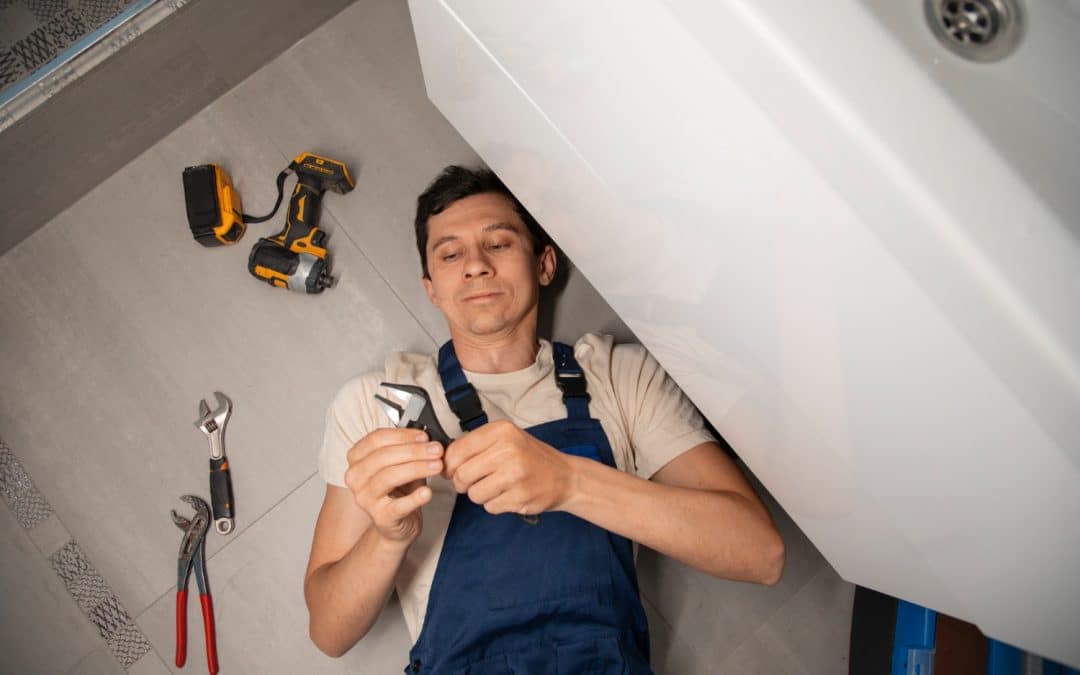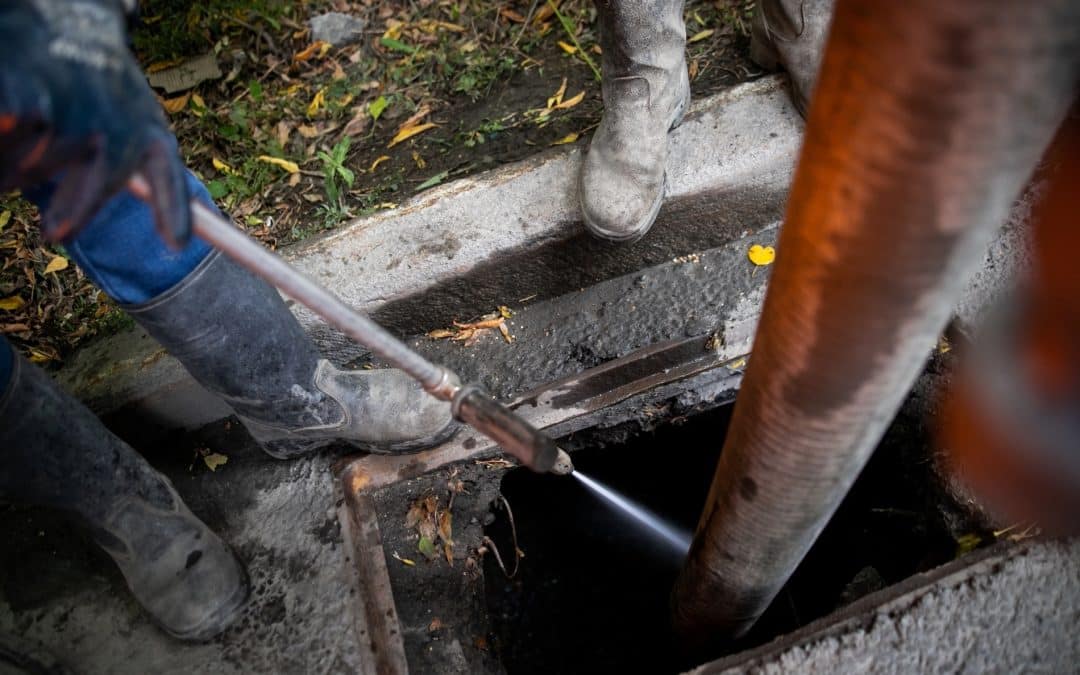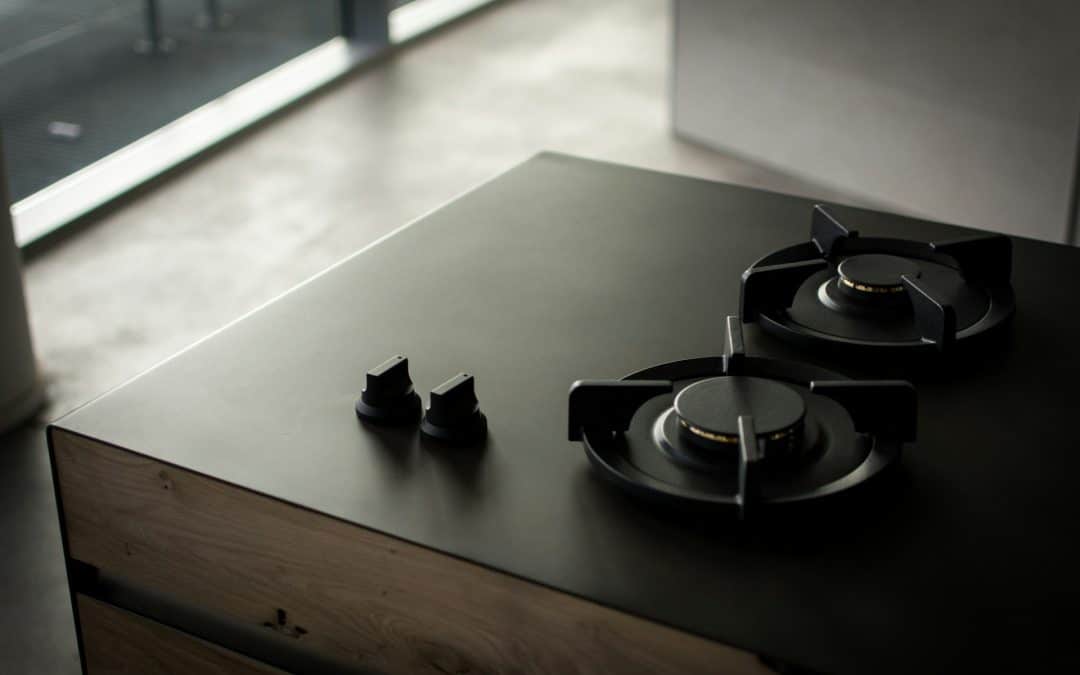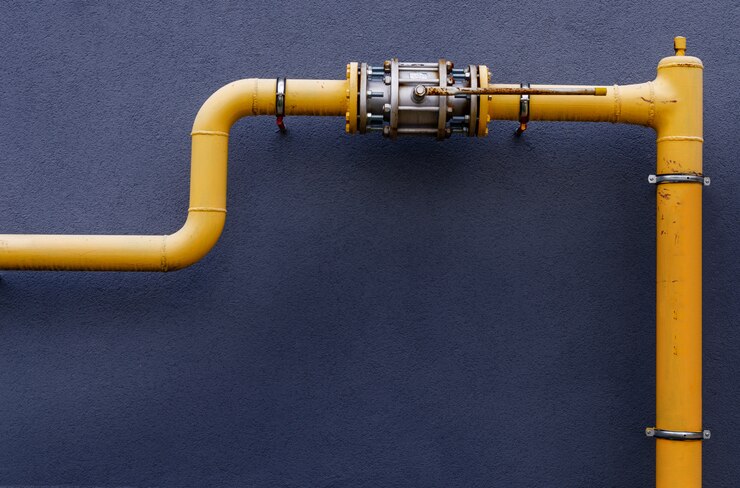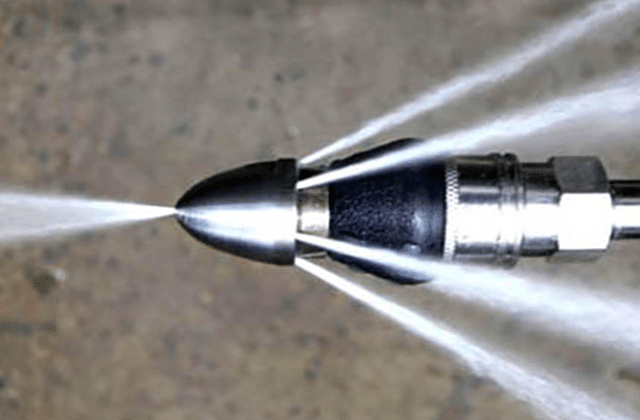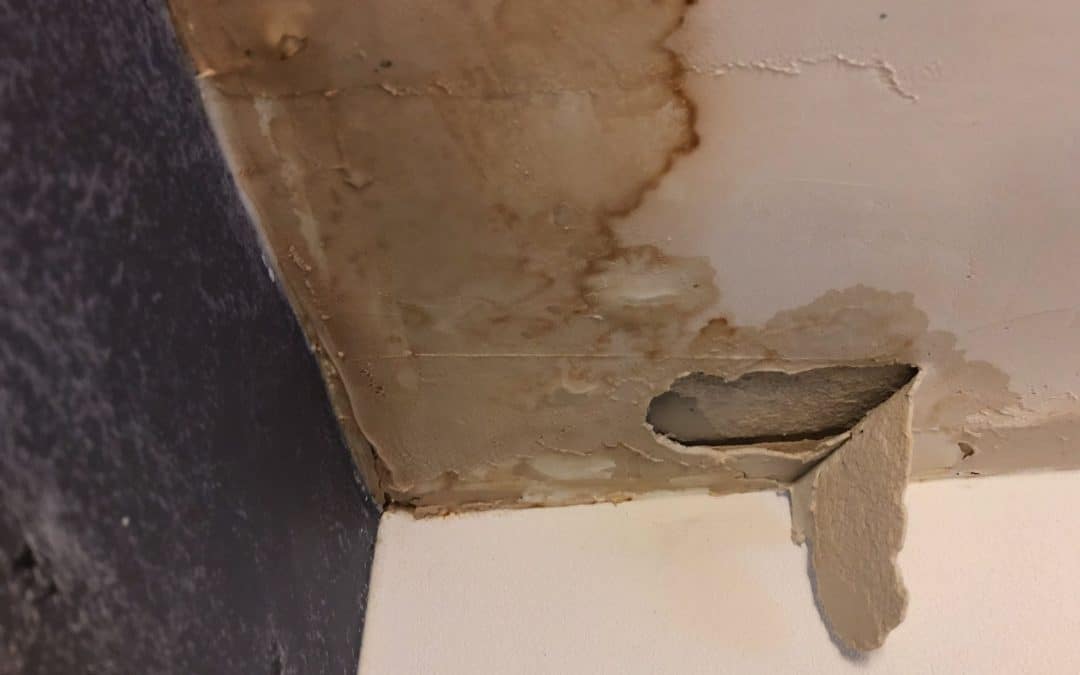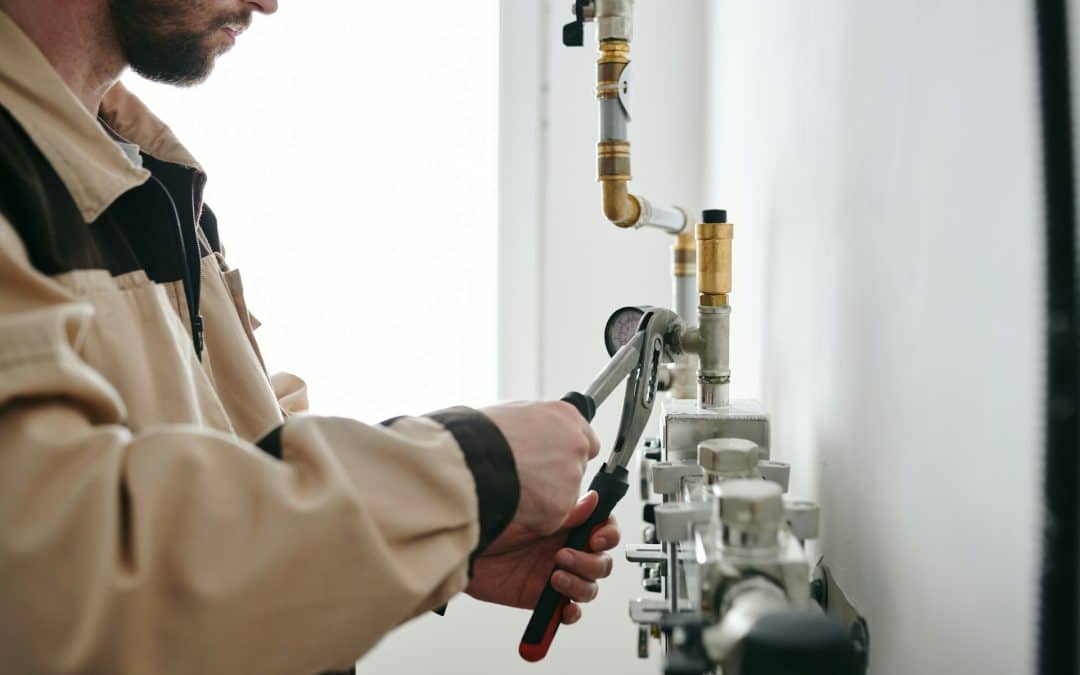Repiping your home may seem like a daunting task, but it offers many long-term benefits that can save you money and improve your quality of life. Old or damaged pipes can lead to various problems, such as leaks, poor water pressure, and even health risks. By investing in new piping, you’re not just fixing a problem; you’re making a valuable upgrade to your home.
Many homeowners don’t realize their pipes need attention until it’s too late, leading to costly repairs and disruptions. Recognizing the early signs that your home needs repiping can help you avoid these headaches. New pipes ensure better water flow, reduce the risk of leaks, and can even lower your water bills. Plus, repiping can increase the value of your home, making it a smart investment.
This article explores the numerous benefits of repiping your home, from enhanced water quality to significant cost savings. We’ll also discuss what to expect during the repiping process, ensuring you’re well-prepared for this important home improvement project. Understanding these advantages can help you make an informed decision about whether repiping is the right choice for you.
Understanding the Need for Repiping
Signs Your Home Needs Repiping
Recognizing the signs that your home needs repiping can help you avoid bigger problems down the road. Common indicators include discolored water, which suggests rust in the pipes, and frequent leaks. Also, if you notice a significant drop in water pressure, it might be time to consider repiping. Strange noises coming from your pipes, such as banging or groaning, are also warning signs.
Common Causes of Pipe Deterioration
Pipes deteriorate over time due to various factors. One major cause is corrosion, which occurs more rapidly in older metal pipes. Hard water, which contains high levels of minerals, can also lead to buildup and blockages inside the pipes. Temperature changes can cause pipes to expand and contract, eventually leading to cracks and leaks. Regular wear and tear just from daily use can also weaken pipes.
Health and Safety Concerns
Old or damaged pipes pose health and safety risks. Lead pipes or pipes with lead solder can contaminate drinking water, posing a serious health risk. Corroded pipes can release harmful metals into your water supply. Additionally, frequent leaks can lead to mold growth, which can affect indoor air quality and your family’s health. Addressing these concerns with a repiping project ensures that your water is clean and safe.
Long-Term Cost Savings
Reduction in Frequent Repairs
Repiping your home eliminates the need for constant repairs. Old pipes are prone to leaks and bursts, which can be costly and inconvenient. By installing new, durable pipes, you can avoid these frequent issues and the expenses that come with them. This long-term solution provides peace of mind and saves money over time.
Increased Water Efficiency
New pipes can significantly improve your home’s water efficiency. Older pipes may have hidden leaks that waste water. With new, well-installed piping, you can ensure that every drop counts. Improved water efficiency reduces your water bills and is better for the environment.
Boosting Home Value
Repiping your home can also increase its value. Prospective buyers are often wary of homes with outdated plumbing due to potential future repairs. New pipes provide a selling point, reassuring buyers that the home’s plumbing is up to date and reliable. This investment can make your home more attractive on the market and potentially increase its resale value.
Improved Water Quality and Pressure
Eliminating Rust and Contaminants
Old pipes can rust and corrode, leading to water contamination. This can result in discolored water, which is not safe for drinking or cooking. Repiping your home removes these rusty, corroded pipes and replaces them with new ones that provide cleaner and safer water. It’s a simple way to ensure your family has access to high-quality water.
Consistent Water Pressure
Low water pressure is often a sign of aging or damaged pipes. New pipes can restore consistent water pressure throughout your home, making everyday tasks like showering and washing dishes more efficient and enjoyable. By repiping, you ensure that water flows smoothly and steadily, without the frustrating interruptions that come with old, clogged pipes.
Benefits for Appliances
Appliances like dishwashers, washing machines, and water heaters function better with clean, efficient water lines. Rust and debris from old pipes can damage these appliances over time, leading to costly repairs or replacements. Repiping extends the life of your appliances by providing them with a more stable and contaminant-free water supply, which can save you money in the long run.
The Repiping Process
What to Expect During Repiping
The repiping process might seem overwhelming, but knowing what to expect can make it much easier. First, a plumbing professional will inspect your current system to determine the extent of the repiping needed. They’ll then create a plan and provide you with an estimate. Once work begins, the plumber will carefully replace old pipes with new ones, ensuring minimal disruption to your home.
Minimizing Disruption to Your Home
Repiping can be extensive, but professionals aim to keep disruptions to a minimum. This means working in stages and cleaning up each area as they go. Communication is key; your plumber will keep you informed about the timeline and any necessary preparations you should make. In many cases, the process can be completed within a few days, allowing you to get back to normal quickly.
Choosing the Right Materials
Selecting the right materials for repiping is crucial to the success of the project. Common choices include copper, PEX, and CPVC. Each has its benefits: copper is durable and long-lasting, PEX is flexible and resistant to freezing, and CPVC is cost-effective and easy to install. A professional plumber will help you choose the best material for your specific needs and budget.
Conclusion
Repiping your home offers numerous benefits, from improved water quality and consistent pressure to long-term cost savings. It’s a proactive step that addresses the root causes of plumbing issues, ensuring a safer and more efficient system. By understanding the signs that indicate the need for repiping and knowing what to expect during the process, you can make an informed decision that protects your home and enhances your daily life.
Repiping is not just a quick fix; it’s a lasting solution that adds value to your property. Clean water, reliable pressure, and fewer repairs make your home a more comfortable and healthy place to live. If you’re experiencing issues like frequent leaks, discolored water, or low water pressure, it might be time to consider repiping.
Ready to learn more about repiping your home? Contact Plumbing Kings LLC today for a consultation. Our expert team is here to help you every step of the way, ensuring a smooth and stress-free repiping process. Your home’s plumbing is our top priority, and we’re committed to providing the best service and solutions for your needs.
